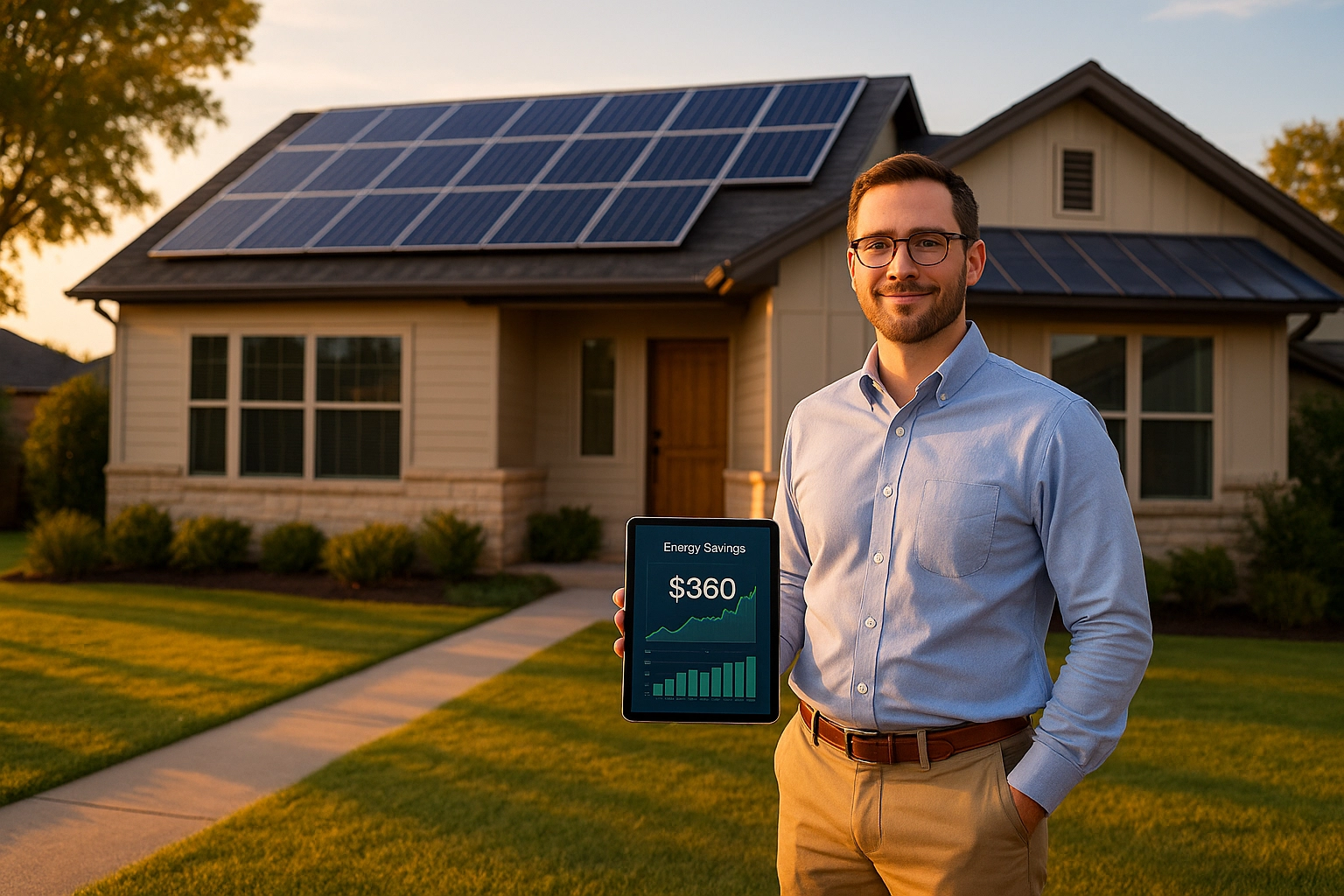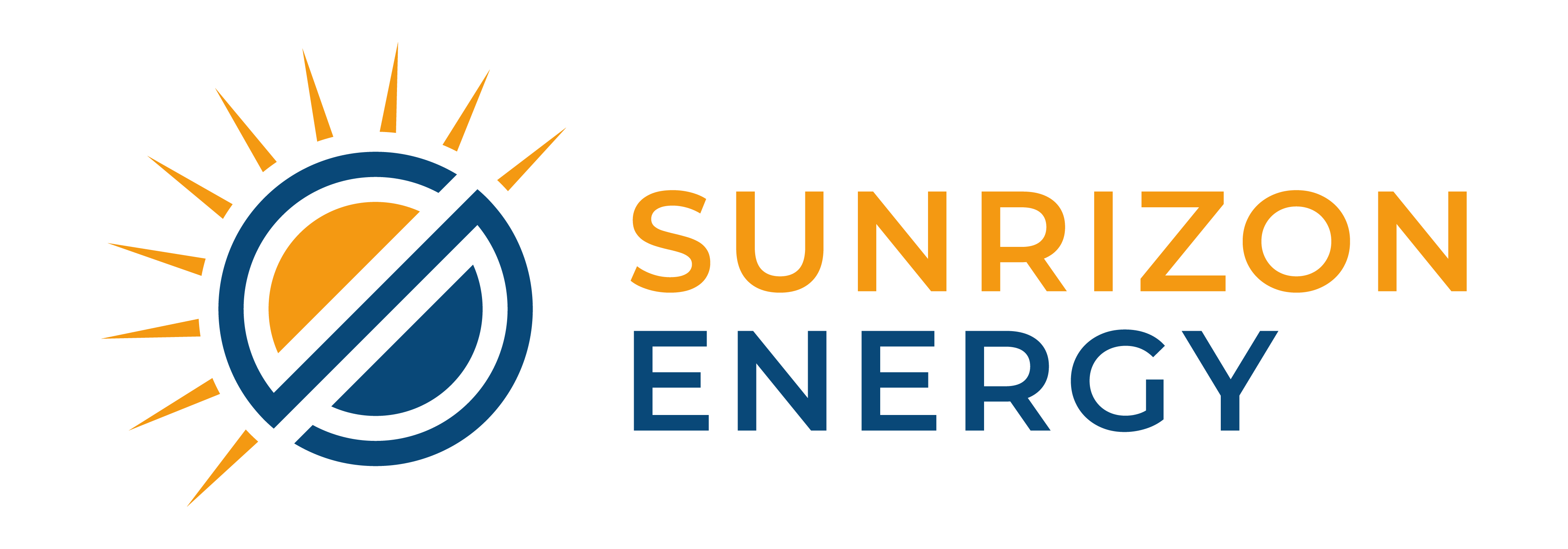Shopping for solar in Texas means navigating a unique energy landscape where the right company can save you tens of thousands of dollars: but the wrong one might cost you dearly. With average Texas homeowners saving approximately $79,000 over 25 years with solar panels, distinguishing between companies that genuinely prioritize your financial benefit versus those focused solely on their bottom line becomes crucial.
The Lone Star State's deregulated energy market and varying utility policies create opportunities that savvy solar companies should leverage for your benefit. However, these same complexities also provide cover for less scrupulous installers to maximize their profits at your expense.
Red Flags That Reveal Profit-First Mentalities
High-Pressure Sales Tactics and Unrealistic Promises
Companies that prioritize quick sales over your long-term savings often employ aggressive closing techniques. Be wary of installers who claim limited-time offers that create false urgency, promise savings that seem too good to be true without detailed calculations, or pressure you to sign contracts during the initial consultation.
Legitimate solar companies understand that installing solar panels represents a significant 25-year investment. They should encourage you to take time reviewing proposals and getting second opinions rather than rushing your decision.
Lack of Texas-Specific Knowledge
Solar companies that care about your actual savings will demonstrate deep understanding of your local utility's policies. Texas utilities aren't legally required to offer net metering programs, though many provide voluntary programs with varying compensation rates for excess solar generation.

For example, if you're served by CoServ Electric, a knowledgeable company should explain that while CoServ credits solar production at full retail rates up to your monthly usage, they maintain a $20 minimum monthly bill that cannot be offset by solar energy. More importantly, they should discuss CoServ's lack of grandfathering clauses, meaning your solar compensation could potentially change over your system's lifetime.
Oversizing Systems Without Proper Analysis
Some companies recommend oversized solar systems to maximize their commission, even when smaller systems would provide better financial returns. This practice becomes particularly problematic in Texas, where many utilities provide little to no compensation for excess generation beyond monthly usage.
A company focused on your savings will right-size your system based on your actual energy consumption patterns, not their profit margins.
What Genuine Solar Companies Should Discuss
Comprehensive Financial Analysis Using Your Data
Companies that care about your savings begin with thorough analysis of at least 12 months of your electricity bills. They should examine seasonal usage patterns, your utility's specific rate structure, and calculate realistic payback periods using your actual circumstances.
The analysis should include detailed explanations of how both federal and state incentives apply to your situation. In Texas, this means discussing the 30% federal solar tax credit alongside the state's property tax exemption that saves approximately 1.47% of your system's value annually.
Honest Discussion of Limitations and Risks
Trustworthy solar companies will openly discuss potential drawbacks alongside benefits. This includes explaining that excess solar generation beyond monthly usage may be provided to utilities for free with some companies, and addressing risks associated with utilities that don't offer grandfathering protection for their solar programs.
They should also discuss how Texas's extreme weather events, including hail storms and hurricanes, might affect your system and explain warranty coverage for such events.
Multiple Financing Options with Clear Trade-offs
Companies focused on your financial benefit will present various financing options: cash purchases, solar loans, and leasing arrangements: with honest explanations of how each affects your long-term savings. They won't automatically steer you toward the option that maximizes their profit.

Evaluating Their Technical Approach
Data-Driven System Design
Professional solar companies will request access to your electricity usage data and conduct site assessments that consider your roof's orientation, shading patterns, and local weather conditions. They should use this information to provide realistic production estimates rather than generic calculations.
Ask to see how they account for Texas's intense summer heat, which can reduce panel efficiency, and how they factor in the state's excellent solar irradiance levels year-round.
Transparent Cost Breakdowns
Legitimate installers provide detailed cost breakdowns that include all fees, permits, interconnection costs, and ongoing expenses. They should clearly explain the difference between your current electricity costs and projected costs after solar installation, including any minimum bills or connection fees that remain.
The breakdown should also explain how equipment warranties, installation guarantees, and performance monitoring factor into your long-term savings calculations.
Key Questions That Reveal True Priorities
Utility-Specific Policy Knowledge
Ask potential solar companies to explain your utility's net metering or buyback program in detail. Companies focused on your savings will have researched this thoroughly and can explain exactly how excess generation is compensated, when credits expire, and whether rates are subject to change.
Request specific examples of how your utility's policies affect system sizing recommendations and long-term savings projections.
Tax Credit Optimization Strategies
Inquire about how the 30% federal tax credit applies to your specific tax situation and what happens if you cannot use the full credit in the installation year. Companies prioritizing your financial benefit will ensure you understand that unused credits can roll over to future tax years and may recommend timing installations to maximize credit utilization.
Performance Monitoring and Guarantees
Ask about system monitoring capabilities and production guarantees. Companies confident in their installations provide robust monitoring tools that track system performance and alert you to potential issues that could affect your savings.

Long-Term Partnership Indicators
Post-Installation Support Structure
Companies that view you as a long-term partner rather than a one-time transaction will offer comprehensive post-installation support. This includes system monitoring, maintenance programs, warranty service, and responsive customer support throughout your system's 25+ year lifetime.
Ask about their local service capabilities, response times for system issues, and track record for honoring warranties and guarantees.
Educational Approach Over Sales Pressure
Solar companies genuinely focused on your success take time to educate you about how solar works, what to expect during installation, and how to maximize system performance over time. They provide resources for understanding your system's monitoring data and recognizing when professional maintenance might be needed.
This educational approach extends to keeping you informed about policy changes that might affect your savings and opportunities to optimize your system's performance.
Community Reputation and Local Presence
Companies with established local operations and positive customer reviews spanning multiple years demonstrate commitment to the Texas market and customer satisfaction. Local presence also ensures they understand regional utility policies, permitting requirements, and weather considerations that affect system performance.
Making Your Decision
The key to identifying solar companies that genuinely care about your savings lies in their willingness to provide detailed, utility-specific analysis while honestly discussing both benefits and limitations. Companies focused on your financial success will demonstrate deep knowledge of Texas energy markets, provide transparent financial projections, and offer ongoing support that ensures your system delivers promised savings throughout its lifetime.
Take time to evaluate multiple proposals, verify calculations using independent resources, and trust companies that encourage rather than discourage your due diligence. Your solar investment should provide decades of savings: choose partners who prioritize that outcome over their short-term sales goals.
Remember that Texas's excellent solar resource and favorable policies create genuine opportunities for substantial energy savings. The right solar company will help you capitalize on these advantages while avoiding pitfalls that could undermine your investment returns.
